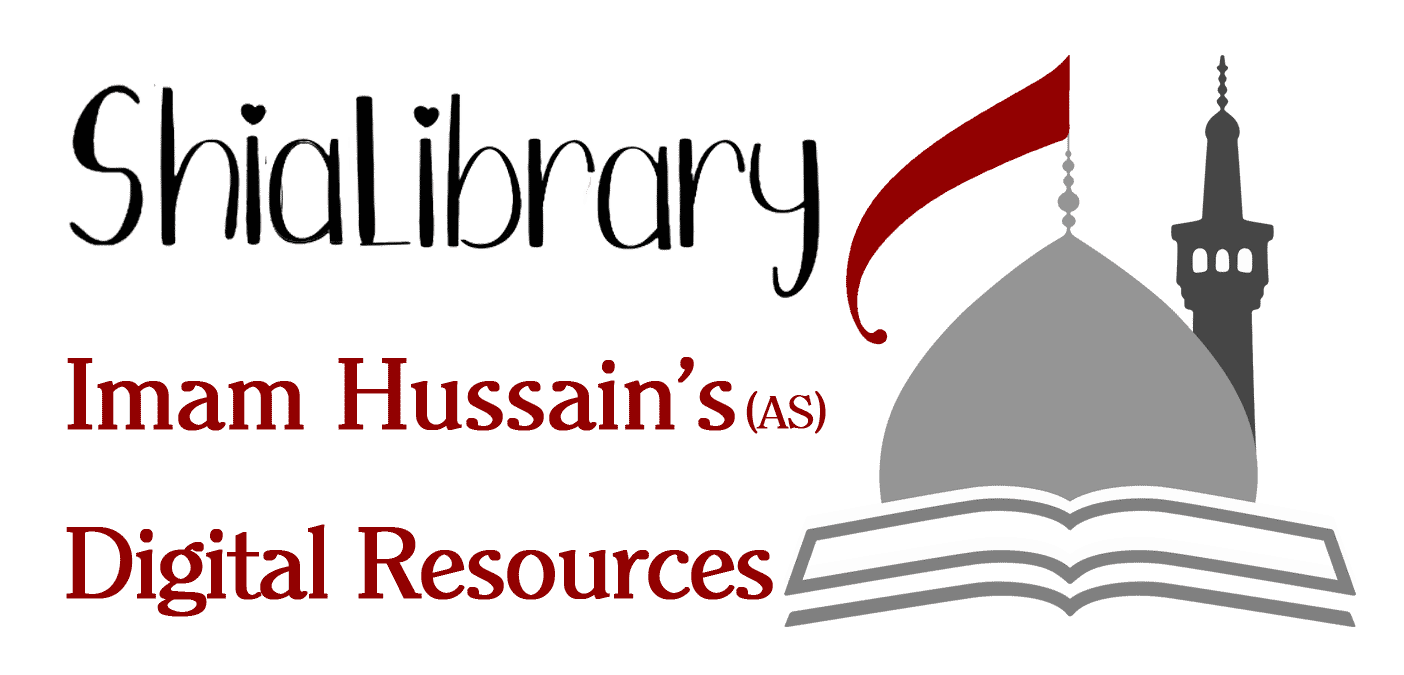Clarify means of " Religious- Political Men in article 115 of the basic law by emphasizing on Alavi's Sira
تبیین معنای «رجال مذهبی – سیاسی» درج شده در اصل 115 قانون اساسی با تأکید بر سیره علوی
نویسنده:
لک زایی، صغری
فراهتی، عباسعلی
چکیده: According to article 115 of the constitution, some characteristics have been provided for the president and the term "rejal e mazhabi va siyasi" (respected religious and political figures/men) is one of its preconditions. Given the constitution of the Islamic Republic of Iran on Islamic principles, what religious bases are there for this characteristic? Since the Islamic state after the Prophet (PUBH) once again revived during the five-year reign of Amir al-Momenin, the modeling of the Prophet's Sira'ah can serve as an accurate basis for the sacred system of the Islamic Republic. This article seeks to ascertain whether it is possible to trace the character of the religious-political officer in the Sira'ah by examining the practical nature of the Amir al-Momenin in the selection of government administrators. The answer to this question is that although the term of the presidency is not available in Nahj al-Balagha and its related texts since it is also a government office, its criteria can be found in the Imam's statements about the selection of government administrators. The findings of the present through investigating the Alawite Sira'ah revealed the fact that in the religious texts, especially the Alawite teachings, clearly there are criteria for the appointment of government administrators, including "good reputation". That is why all the officials in the Alawite government had a "good reputation" in various fields. This research has been conducted in a descriptive-analytical method using Amir al-Momenin's Nahj al-Balagha, Sira'ah books, and their translations. در اصل 115 قانون اساسی خصوصیاتی برای مقام ریاست جمهوری بیان گردیده که قید «رجال مذهبی- سیاسی» به عنوان پیش شرط آن عنوان شده است. با عنایت به ابتنای قانون اساسی جمهوری اسلامی ایران بر مبانی اسلامی باید دید چه مبنای شرعی و دینی برای این خصوصیت وجود دارد؟ از آن جایی که حکومت اسلامی پس از رسول خدا صلی الله علیه و آله یک بار دیگر در دوران حکومت پنج ساله امیرالمومنین علیه السلام جان تازهای گرفت لذا الگوبرداری از سیره آن حضرت علیه السلام میتواند مبنای دقیقی برای نظام مقدس جمهوری اسلامی قرار گیرد. این مقاله بر آن است تا با بررسی منش و سیره عملی امیرالمومنین علیه السلام در گزینش صاحبان مناصب حکومتی به این مهم دست یابد که آیا میتوان ردپایی از خصوصیت رجل مذهبی- سیاسی در سیره آن حضرت علیه السلام یافت؟ در پاسخ به این سوال باید گفت که اگر چه واژه ریاست جمهوری در نهج البلاغه و متون مربوط به آن دوران نیامده است ولی با توجه به آن که این مقام نیز یک منصب حکومتی است، میتوان معیارهای آن را در بیانات امام علیه السلام راجع به گزینش حاکمان واکاوی نمود. با بررسی و تحقیقی که در سیره علوی علیه السلام صورت گرفت این حقیقت به اثبات رسید که در متون دینی خصوصاً معارف علوی به طور روشن معیارهایی برای تصدی مقامهای حکومتی مشخص شده است که «حُسن شهرت» از جمله آنان میباشد به طوری که رجال صاحب منصب در حکومت علوی همگی از «حُسن شهرت» در زمینه یا زمینههای متعدد برخوردار بودهاند. این تحقیق به روش کتابخانهای (توصیفی- تحلیلی) و با بهرهگیری از نهجالبلاغه امیرالمؤمنین علیه السلام و کتب سیره و تراجم نگاشته شده است.

| contributor author | لک زایی، صغری | fa |
| contributor author | فراهتی، عباسعلی | fa |
| date accessioned | 2025-03-15T10:02:29Z | |
| date available | 2025-03-15T10:02:29Z | |
| identifier uri | http://hdl.handle.net/110/22942 | |
| description abstract | According to article 115 of the constitution, some characteristics have been provided for the president and the term "rejal e mazhabi va siyasi" (respected religious and political figures/men) is one of its preconditions. Given the constitution of the Islamic Republic of Iran on Islamic principles, what religious bases are there for this characteristic? Since the Islamic state after the Prophet (PUBH) once again revived during the five-year reign of Amir al-Momenin, the modeling of the Prophet's Sira'ah can serve as an accurate basis for the sacred system of the Islamic Republic. This article seeks to ascertain whether it is possible to trace the character of the religious-political officer in the Sira'ah by examining the practical nature of the Amir al-Momenin in the selection of government administrators. The answer to this question is that although the term of the presidency is not available in Nahj al-Balagha and its related texts since it is also a government office, its criteria can be found in the Imam's statements about the selection of government administrators. The findings of the present through investigating the Alawite Sira'ah revealed the fact that in the religious texts, especially the Alawite teachings, clearly there are criteria for the appointment of government administrators, including "good reputation". That is why all the officials in the Alawite government had a "good reputation" in various fields. This research has been conducted in a descriptive-analytical method using Amir al-Momenin's Nahj al-Balagha, Sira'ah books, and their translations. | en |
| description abstract | در اصل 115 قانون اساسی خصوصیاتی برای مقام ریاست جمهوری بیان گردیده که قید «رجال مذهبی- سیاسی» به عنوان پیش شرط آن عنوان شده است. با عنایت به ابتنای قانون اساسی جمهوری اسلامی ایران بر مبانی اسلامی باید دید چه مبنای شرعی و دینی برای این خصوصیت وجود دارد؟ از آن جایی که حکومت اسلامی پس از رسول خدا صلی الله علیه و آله یک بار دیگر در دوران حکومت پنج ساله امیرالمومنین علیه السلام جان تازهای گرفت لذا الگوبرداری از سیره آن حضرت علیه السلام میتواند مبنای دقیقی برای نظام مقدس جمهوری اسلامی قرار گیرد. این مقاله بر آن است تا با بررسی منش و سیره عملی امیرالمومنین علیه السلام در گزینش صاحبان مناصب حکومتی به این مهم دست یابد که آیا میتوان ردپایی از خصوصیت رجل مذهبی- سیاسی در سیره آن حضرت علیه السلام یافت؟ در پاسخ به این سوال باید گفت که اگر چه واژه ریاست جمهوری در نهج البلاغه و متون مربوط به آن دوران نیامده است ولی با توجه به آن که این مقام نیز یک منصب حکومتی است، میتوان معیارهای آن را در بیانات امام علیه السلام راجع به گزینش حاکمان واکاوی نمود. با بررسی و تحقیقی که در سیره علوی علیه السلام صورت گرفت این حقیقت به اثبات رسید که در متون دینی خصوصاً معارف علوی به طور روشن معیارهایی برای تصدی مقامهای حکومتی مشخص شده است که «حُسن شهرت» از جمله آنان میباشد به طوری که رجال صاحب منصب در حکومت علوی همگی از «حُسن شهرت» در زمینه یا زمینههای متعدد برخوردار بودهاند. این تحقیق به روش کتابخانهای (توصیفی- تحلیلی) و با بهرهگیری از نهجالبلاغه امیرالمؤمنین علیه السلام و کتب سیره و تراجم نگاشته شده است. | fa |
| language iso | الفارسية | ar |
| language iso | Persian | en_US |
| language iso | فارسی | fa |
| title | Clarify means of " Religious- Political Men in article 115 of the basic law by emphasizing on Alavi's Sira | en |
| title | تبیین معنای «رجال مذهبی – سیاسی» درج شده در اصل 115 قانون اساسی با تأکید بر سیره علوی | fa |
| type | مقاله | |
| type | بحوث و مقالات | ar |
| type | Article | en_US |
| journal title | پژوهشهای نهج البلاغه | fa |
| source Database | ISC | |
| contenttype | فقط بيانات | ar |
| contenttype | Metadata Only | en_US |
| contenttype | فراداده | fa |
| subject keywords | رجل مذهبی- سیاسی | fa |
| subject keywords | اصل 115 قانون اساسی | fa |
| subject keywords | سیره علوی | fa |
| subject keywords | امام علی (ع) | fa |
| subject keywords | سرشناس | fa |
| year publication | 1398 | |
| source Onlinelink | https://search.isc.ac/DL/Lend%20Service/LendService/Get_TitleSearchResultDetail.aspx?DTC=8&DC=1119388 | |
| pages | 22 |
